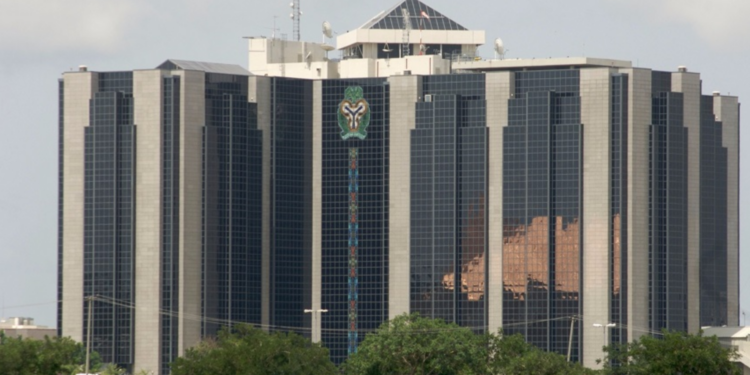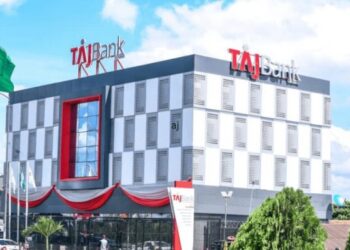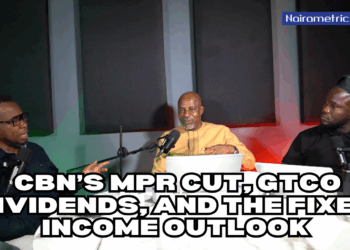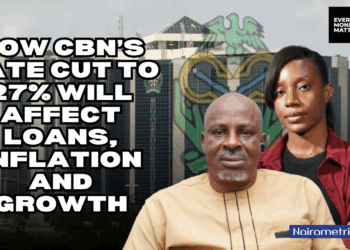The Central Bank of Nigeria (CBN) has explained that current inflationary pressures may continue in the near term.
The apex bank stated this in its second-quarter economic outlook published by the bank.
It explained that the removal of fuel subsidy, depreciation of the naira, anticipated upward review of wages and electricity tariffs, and negative effects of climate change on agricultural activities are likely to sustain the increased inflation in the near term.
It stated,
- “Inflationary pressures may subsist in the near-term on account of the removal of fuel subsidies and subsequent higher prices of premium motor spirit, and the depreciation of the naira.
- Moreover, the anticipated upward review of wages and electricity tariffs, alongside the adverse effects of climate change on agricultural output, are likely to induce further inflationary pressures”
However, the bank cautioned that tight monetary policies and improvement in global supply chains will slow down the inflation rate in the future.
It reads,
- “Notwithstanding, the sustained tight monetary policy stance, coupled with improvements in global supply chains are both expected to help dampen inflation.”
Backstory
Nairametrics reported Nigeria’s inflation rate increase to 27.33% for the month of October- an 18year high. The figure represents 0.61% increase from what was recorded in the previous month and marks a ten straight month of increase inflation.
Food prices have been the major driver of Nigeria’s inflation rate rising to 31.52% from the 30.64% recorded September.
In June, President Tinubu declared a state of emergency on agriculture and moved the sector to an issue of national security.
Beyond food prices, increase in transportation costs have contributed significantly to inflation figures occasioned by the removal of fuel subsidy in June.
Also, monetary policy efforts by the CBN have failed to quell the continuous rise in inflation figures in recent times.
At its last MPC meeting, the apex bank increase interest rate by 25 basis points but under the leadership of Yemi Cardoso, the policy direction of the CBN as to interest rate remains unknown.


























